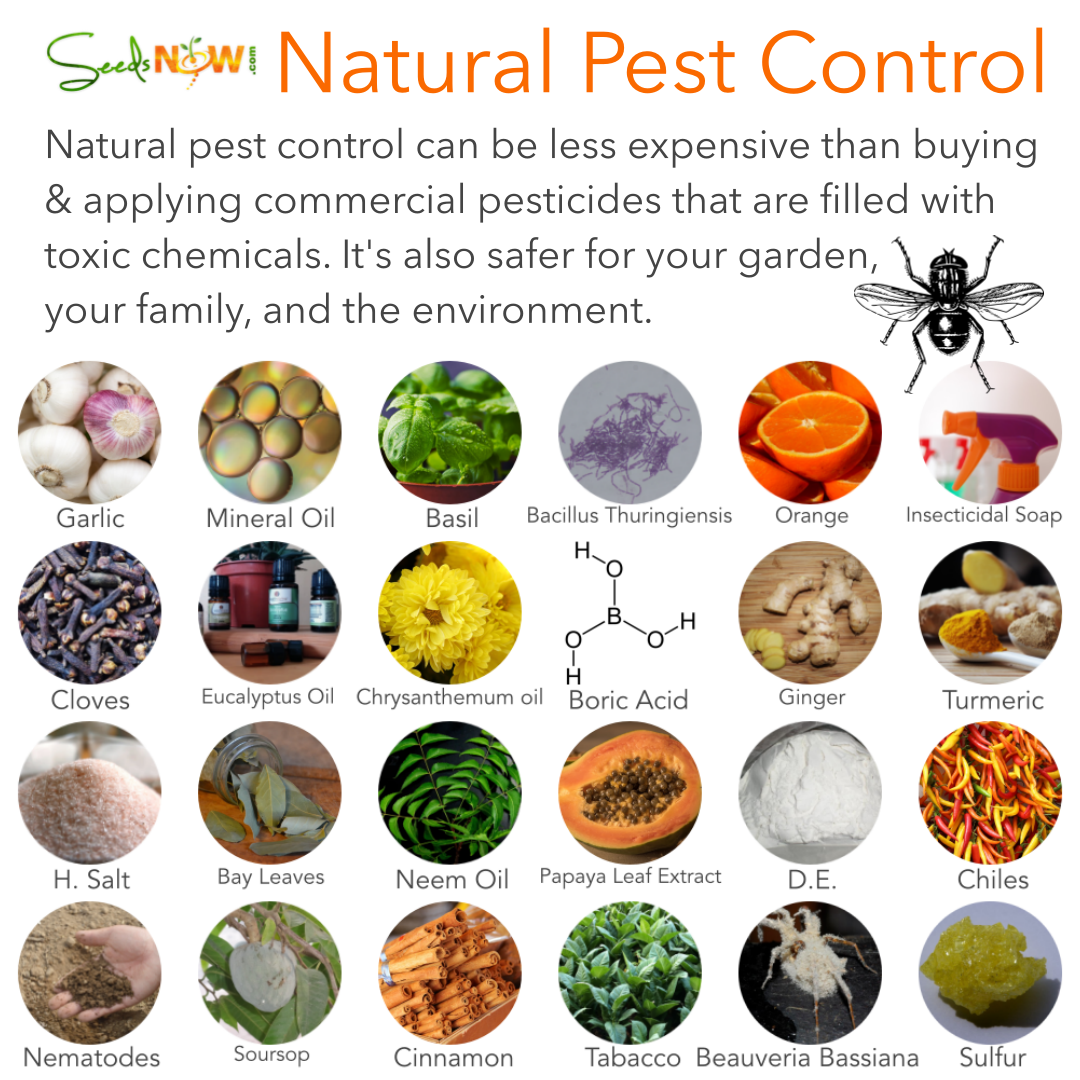Organic Pest Control for Urban Gardens

Organic Pest Control for Urban Gardens
Why Organic Pest Control Matters in Urban Agriculture
In the heart of bustling cities, urban gardens are thriving sanctuaries. But with these green spaces comes the challenge of pests. Organic pest control methods for urban gardens are not just about keeping critters at bay; they're about sustaining a healthy ecosystem. Let's dive into the world of organic gardening and explore how to keep those pesky invaders away naturally.
Understanding Pest Prevention in Urban Gardens
Before we dive into solutions, let's understand the problem. Pests are attracted to certain conditions. So, pest prevention starts with maintaining a healthy garden. Think of it like this: a well-maintained garden is like a fortress, tough for pests to invade.
Healthy Soil: The Foundation of Pest Prevention
The secret to strong plants? Healthy soil. It's like the immune system of your garden. Plants grown in nutrient-rich soil are less susceptible to pests. Composting is a fantastic way to enrich your soil naturally. Check out www.organicgardening.com for some great composting tips.
Crop Rotation: Keeping Pests Guessing
Pests often feast on specific plants. Crop rotation keeps them guessing. It's like a game of musical chairs; when the music stops, the pests are left without their favorite meal. This method is a staple in sustainable gardening.
Companion Planting: Friends with Benefits
Some plants are like best friends; they protect each other. Companion planting is all about strategically placing plants together for mutual benefit. For instance, marigolds can deter nematodes (microscopic worms), making them great companions for many vegetables.
Natural Pesticides: Gentle yet Effective
Natural pesticides are like the garden's secret agents. They're tough on pests but gentle on the environment. Here are a few DIY options:
Soap Spray: A Slippery Slope for Pests
Soap spray is a classic. It's like a slippery slope for pests; they can't grip the plant and eventually fall off. Mix 1 tablespoon of mild liquid soap with 1 quart of water and spray on your plants.
Neem Oil: The All-Rounder
Neem oil is an all-rounder. It disrupts the life cycle of pests at all stages. Dilute 2 tablespoons of neem oil with 1 gallon of water and spray on your plants.
Diatomaceous Earth: Death by a Thousand Cuts
Diatomaceous earth is like tiny shards of glass to pests. It's deadly for them but harmless for us. Dust a thin layer on your plants and soil.
Beneficial Insects: The Garden's Bodyguards
Not all insects are pests. Some are like the garden's bodyguards, protecting it from harmful invaders. Ladybugs, lacewings, and praying mantises are a few examples. Attract them with plants like dill, yarrow, and wildflowers.
Physical Barriers: Building Walls
Sometimes, the best offense is a good defense. Physical barriers like row covers and netting can keep pests away from your plants. It's like building a wall around your garden.
Traps and Lures: Outsmarting Pests
Traps and lures are like the garden's secret service. They outsmart pests, luring them away from your plants. Sticky traps and pheromone lures are great options.
Keeping Your Garden Clean: Tidy Garden, Happy Plants
A tidy garden is a happy garden. Regularly remove dead leaves, weeds, and fallen fruits. Pests love to hide in garden debris, so keeping your garden clean can keep them away.
Monitoring Your Garden: The Early Bird Catches the Worm
Regularly monitor your garden for signs of pests. Early detection can prevent a small problem from becoming a big one. It's like the saying, "The early bird catches the worm."
Conclusion
Organic pest control methods for urban gardens are not just about controlling pests; they're about creating a harmonious ecosystem. By embracing organic gardening and sustainable gardening practices, we can keep our urban gardens thriving and pest-free.
FAQs
Q: What is the best natural pesticide?
A: The best natural pesticide depends on the type of pest you're dealing with. Soap spray, neem oil, and diatomaceous earth are all effective options.
Q: How can I attract beneficial insects to my garden?
A: You can attract beneficial insects by planting certain flowers and herbs. Dill, yarrow, and wildflowers are great options.
Q: What is companion planting?
A: Companion planting is the practice of planting different crops together for mutual benefit. For example, marigolds can deter nematodes, making them great companions for many vegetables.
Q: How can I prevent pests in my garden?
A: Pest prevention starts with maintaining a healthy garden. This includes keeping your soil healthy, rotating your crops, and keeping your garden clean.
Q: Are there any physical barriers I can use to keep pests away?
A: Yes, physical barriers like row covers and netting can effectively keep pests away from your plants.
0 Response to " Organic Pest Control for Urban Gardens"
Post a Comment